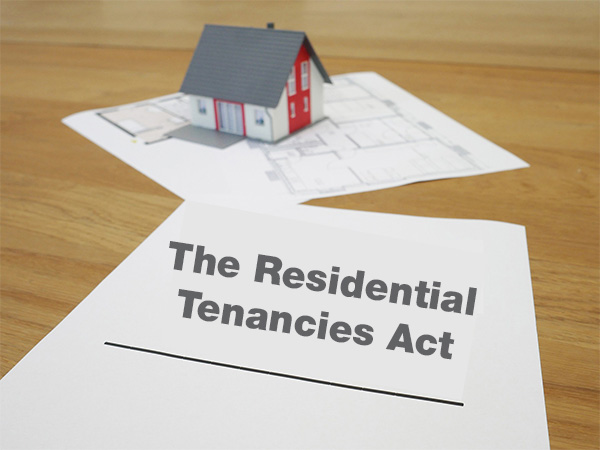Over the past few months, we have been reviewing the changes to the Residential Tenancies Act.
These reforms, which include changes for tenancy agreements and notice periods, are being put into effect in three phases, with Phase 1 reforms already in effect.
As of 11 February 2021, Phase 2 changes will commence, and we are here to breakdown what some of these changes are.
It is also important to note that along with the RTA amendments, there are also 5 Healthy Home Standards that landlords must comply with.
Termination of tenancy
Landlords have the right to terminate a tenancy if tenants engage in anti-social behaviour.
The new amendments mean the removal of the 90 day notice period to be replaced with notices.
Landlords must issue tenants with three notices for separate anti-social behaviour instances within a 90 day period.
These notices must include:
- What the anti-social behaviour was
- Who was involved
- The date, time (approximate), and location
- How many other notices have been issued within the 90 day period
This new change then pushes the application process to the Tribunal back to 19 days, while it previously could be lodged within one day.
Changes for fixed-term tenancies
Fixed-term tenancies will convert to periodic tenancies at the end of the tenancy.
This will be the case for all fixed-term tenancies unless:
- The landlord and tenant agree to either extend, renew, or end the tenancy
- The landlord gives notice, citing grounds for termination for periodic tenancies (as listed in RTA)
- A notice is given by the tenant 28 days before the end of the tenancy
A termination period of either 63 days or 90 days will be required from the landlord, depending on the situation. You can find more information on this on our previous blog.
Making minor changes to properties
Any minor changes to the property can be requested by tenants and cannot be declined by the landlord.
However, landlords can ask that the changes be reversed at the end of the tenancy, and the tenant will be responsible for doing so. Tenants will also be responsible for any financial costs associated with the minor change.
Landlords are required to respond to minor change requests in writing within 21 days and can decline the request if:
- There is risk involved in installation or removal
- Substantial restoration of the property is not reasonably possible
- The change poses a potential health and safety risk or will compromise the condition of the property
- The change means regulatory consent will be necessary
Minor changes include:
- Installing fire alarms or doorbells
- Securing furniture in the event of an earthquake or for baby-proofing
- Installing a baby gate
- Installing curtains
Changes for the Tribunal
Previously, The Tenancy Tribunal could award cases up to $50,000. The new reforms now allow cases to be awarded up to $100,000.
The Ministry of Business, Innovation, and Employment (MBIE) can take a single application to the Tribunal to cover multiple breaches across multiple properties.
Enforcement of the RTA
Breaches of the RTA and its new reforms can result in MBIE issuing Improvement Notices, resulting in penalties if not complied with.
The outcome of these breaches could also result in an infringement notice, which is now considered an unlawful act.
As the list of changes grows, deadlines grow even closer.
If you are feeling overwhelmed or unsure about any of these changes or any other upcoming amendments, our experienced team of property managers at Angel can help you navigate through them. We are confident in our knowledge of rental laws and legislation and are here to guide you through all of it.
Contact us today for an obligation free consultation.

